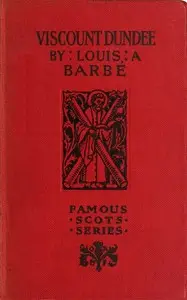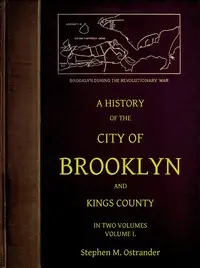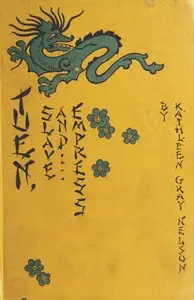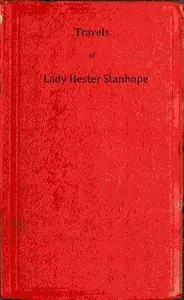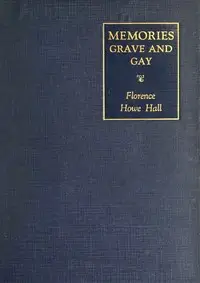"The Diary and Letters of Madame D'Arblay — Volume 3" by Fanny Burney is a historical account likely written in the late 19th century. This volume captures the life and experiences of Frances Burney during a tumultuous time, exploring themes of the French Revolution and its impact on both French and English society. The narrative chronicles her development and personal connections, including her marriage to M. D'Arblay, as well as her interactions with prominent figures of the time. The opening of the book sets the stage for a detailed examination of the French émigrés arriving at Juniper Hall, where Burney chronicles her observations and encounters with these refugees fleeing the Revolution's chaos. As she describes the arrival of various nobles and the circumstances surrounding their flight, the text reveals both the intimate and public struggles of these individuals, including their resilience and vulnerabilities in a foreign land. Burney's firsthand account provides a rich historical context, reflecting her emotional response to the events transpiring in France while also detailing her evolving personal life amidst these broader societal upheavals. (This is an automatically generated summary.)

The Diary and Letters of Madame D'Arblay — Volume 3
By Fanny Burney
"The Diary and Letters of Madame D'Arblay — Volume 3" by Fanny Burney is a historical account likely written in the late 19th century. This volume cap...
Frances Burney, also known as Fanny Burney and later Madame d'Arblay, was an English satirical novelist, diarist and playwright. In 1786–1790 she held the post of "Keeper of the Robes" to Charlotte of Mecklenburg-Strelitz, George III's queen. In 1793, aged 41, she married a French exile, General Alexandre d'Arblay. After a long writing career and wartime travels that stranded her in France for over a decade, she settled in Bath, England, where she died on 6 January 1840. The first of her four novels, Evelina (1778), was the most successful and remains her most highly regarded, followed by Cecilia (1782). Most of her stage plays were not performed in her lifetime. She wrote a memoir of her father (1832) and many letters and journals that have been gradually published since 1889, forty-nine years after her death.








